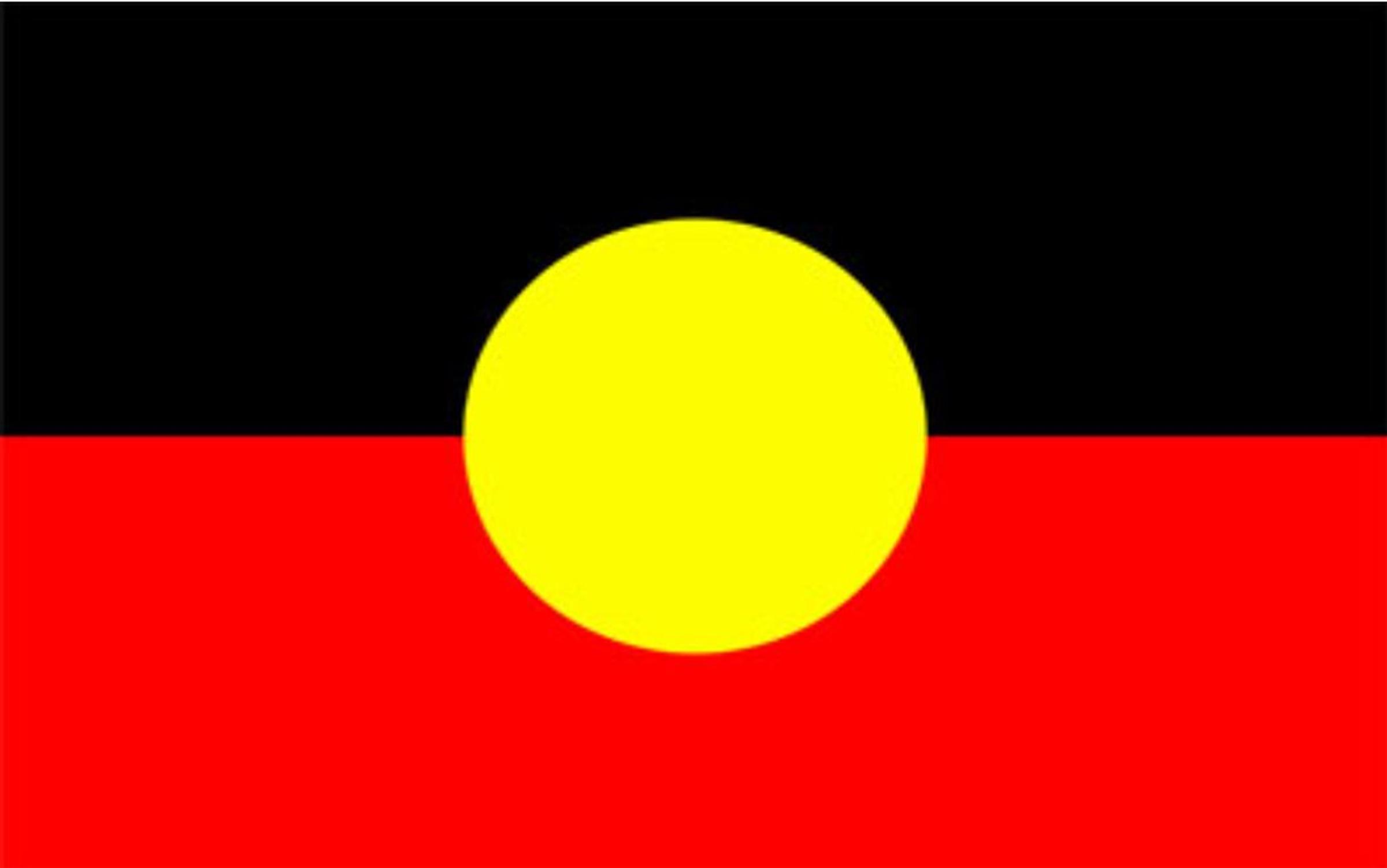Koorie Club News

**WARNING: THIS NEWSLETTER CONTAINS NAMES OF ABORIGINAL PEOPLE WHO HAVE DIED**
Nation Wide News
The latest Close the Gap data shows that only five out of nineteen targets for Indigenous Australians are ‘on track’.
When a non-Aboriginal woman Lana, expecting her fourth child, fell pregnant with her Aboriginal partner she became aware of the many challenges First Nations babies face at birth. Lana is participating in Queensland's Birthing in Community Program, a program that offers culturally safe services aiming to improve health outcomes for First Nations families. Lana’s story highlights the disparity in health outcomes between Indigenous and non-Indigenous Australians. One target of the National Closing the Gap Agreement is to ensure more First Nations babies are born at a healthy weight. While there has been progress in meeting some targets, such as the healthy birth weight, significant challenges remain. The report identifies an unfortunate lack of substantial change by the government a need for improved data sharing and a shift towards supporting Aboriginal Community Controlled Organisations.
Recent fears have emerged that the ‘deadly highway’ in Victoria may ‘never be completed’ due to activists. According to Sky News fears a “deadly highway” in Vicotria may never be completed due to activists. The $157 million upgrade to the highway in Victoria’s west is “hitting yet another costly delay” after activists claimed its proposed route could “cut through culturally significant Aboriginal land, “Four years behind schedule”. In 2017 there were claims that the project would require the destruction of two birthing gum trees where some Indigenous groups claim ancestors came to have children, The Herald Sun reports figures involved in the process fear it will hit a dead end completely if activists exploit the findings of an Aboriginal heritage assessment.
Some concerns raised over Welcome to Country are being trivialised. The Metropolitan Local Aboriginal Land Council CEO Nathan Moran has voiced concerns that people just repeating Welcome to Country over and over again could downplay the importance of it. Mr Moran said that the Welcome to Country is about inclusion however voiced concerns about it being trivialised. “I just hope it's delivered in the right way by the right people, for who’s a representative of the Aboriginal community, we're a democratic community, we have elected representatives who go out and represent us." Moran voices his concerns in regards to who is conducting the Welcome to Country; if they are authorised, downplaying the importance of them, and drawing the line between trying to respect versus honour it.
It is important to remember that the Welcome to Country is an important and integral part of any event, meeting, or etc and it should be honoured and delivered in the correct and respectful manner.
Sport News
Recently St Kilda flamed an era of resilience in a club smoking ceremony. Elder Steve Parker, a Yorta Yorta and Torres Strait Islander man, led smoking ceremonies before games and educated the players about respecting the traditional owners of the land. His actions fostered team spirit and a sense of understanding.
In previous years, the club has had a high number of Indigenous players, but culturally the connection was minimal. Parker's involvement led to pre-game ceremonies and the exchange of traditional gifts with other teams. Highlighting the importance of acknowledging the traditional owners and welcoming the Indigenous players. Parker emphasizes that “building resilience” is a theme that resonates with the club's message, and it continually benefits the ongoing journey of reconciliation.
From: https://nit.com.au/14-03-2024/10271/st-kilda-flames-an-era-of-resilience-in-club-smoking-ceremony
Didge ya know?
In 2005 Professor and Elder Tod Calma (Kungarakan/Iwaidja) released his Social Justice Report which challenged the governments to focus on health equality for Aboriginal and Torres Strait Islander people within a generation. This report led to the launch of the ‘Close The Gap’ campaign in 2007, and in 2017 the campaign ‘National Close the Gap Day’ was established, which was to occur annually on the third Thursday of every March. Each year National Close the Gap Day is marked by several activities and events with the aim of bringing people together to share information and most importantly to take meaningful action in support of achieving health equality for First Nations Peoples by 2032.
From: https://www.vacca.org/
If you have any questions, please do not hesitate to contact the Koorie Club Leaders.
Rachel Aden (Koorie Club Leader) – ADE0010@sthelena.vic.edu.au
Jamie Humphries (Koorie Club Leader) – HUM0004@sthelena.vic.edu.au
For any other support needed for Aboriginal and Torres Strait Islander peoples please visit: https://headspace.org.au/yarn-safe/